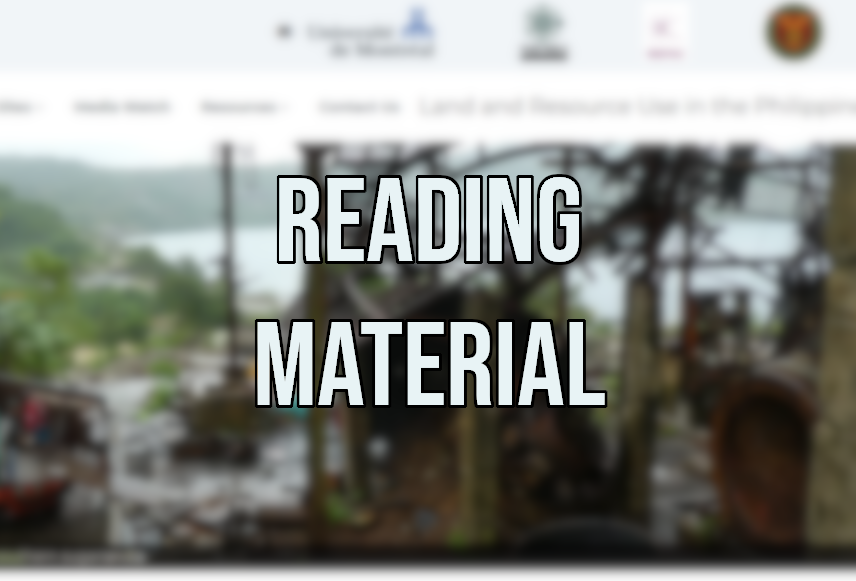ABSTRACT
Contrary to earlier pessimistic predictions, the Comprehensive Agrarian Reform Programme (CARP) in the Philippines has achieved significant success in land redistribution, although not quite matching the original claims of the state. The dominant public policy and land reform literature, broadly divided between state-centred and society-centred approaches, has difficulty in fully explaining the unexpected outcomes of the CARP process. Going beyond these dichotomous views, and using Fox’s interactive framework for analysing state-society relations, this article argues that redistributive land reform can be implemented in a politically hostile situation when initiatives by state reformists `from above’ positively interact with social mobilizations `from below’.
Author: Saturnino M. Borras Jr.
(2001) State-Society Relations in Land Reform Implementation in the Philippines


